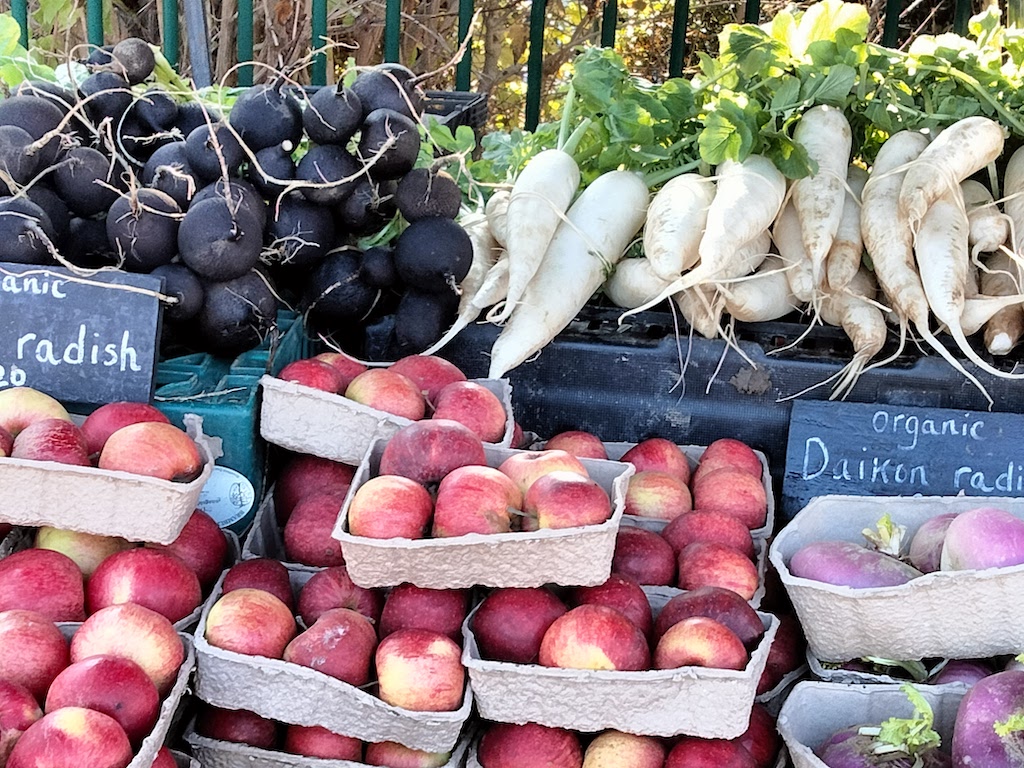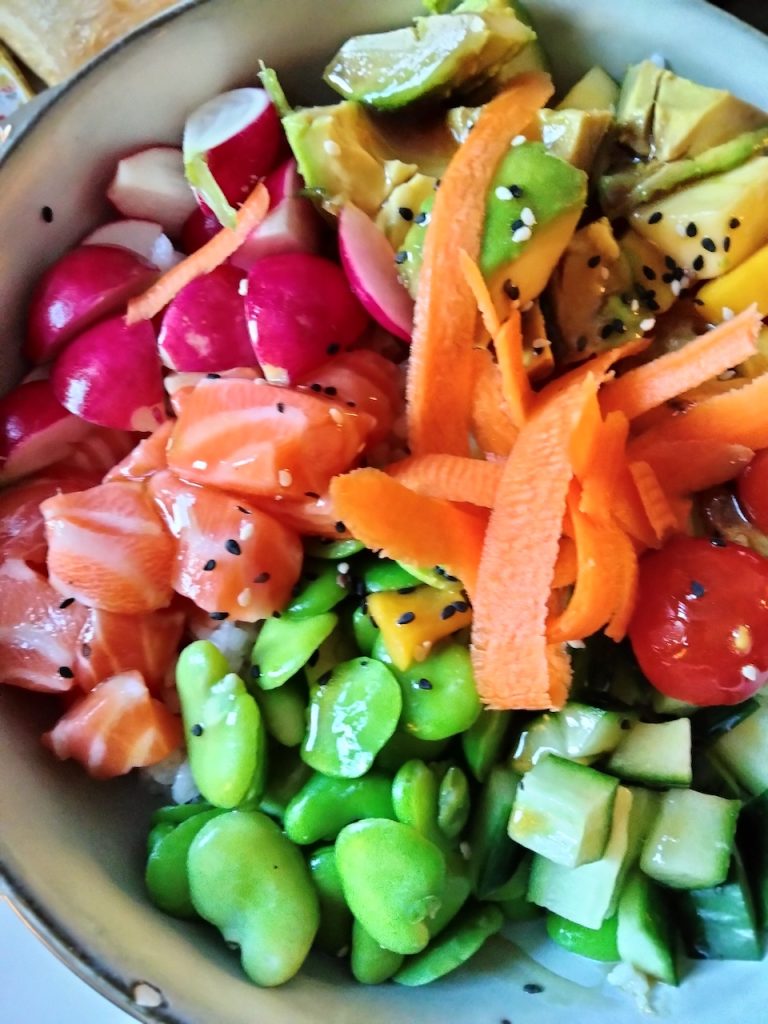Runners Diet: Best Foods to Fuel Your Run
Everyone, including athletes, should consume a well-balanced diet and a runners diet is no exception. Important dietary factors tied to running performance include how much (quantity), meal timing and specific food selection. Regardless of whether a run in short or long, an adequate intake of carbohydrates is essential for providing energy (the body’s preferred source of energy). However, protein plays an important role in a runners diet since it is needed to build muscle tissue. Many protein-rich foods contain nutrients which enhance muscular function – essential for any runners diet.
Runners Diet Basics
A serious and motivated runner should never underestimate the importance of meal structure and timing when planning his menu. Calories will vary. Carbohydrates are a key player in a runners diet but are hardly the only player. In general, a runners diet should be composed of, on average, 60% of calories from carbohydrate, between 15 and 20% from protein (up to 1 gram of protein per pound of lean body mass or 1/2 gram per pound of total weight), and 20 to 25% fat, primarily foods that offer ‘heart-healthy’ unsaturated fats such as fish, nuts and seeds, vegetable oils and other plant foods. A runner should fuel herself often, eating at least 3 meals and 2 healthy snacks daily. A runners diet should also include a light meal 30 to 60 minutes before a run (on average 200 calories) and a heartier meal within 60 minutes post-run (moderate protein content [at least 15 grams] to repair and re-build muscle tissue).
Important Nutrients in a Runners Diet
Protein, vitamin D and the major minerals potassium and calcium (all found in dairy products) work together to maintain proper muscle function. Vitamin D binds to muscle tissue receptors to promote growth and strength. Another major mineral, magnesium aids in muscle function (contraction and relaxation) while manganese, a trace mineral, works as a ‘helper’ for certain antioxidant enzymes that assist in repairing damaged muscle tissues. Iron and zinc, two trace minerals, are also important in a runner’s diet. Iron helps transport oxygen to muscle tissues and zinc is important for muscle metabolism. Foods rich in these nutrients include lean meats and fish, nuts, seeds, whole grains and leafy green vegetables.
Runners Diet: Pre-Run Meal Suggestion
The optimal runners diet begins with a nutritious pre-run breakfast composed of mostly carbohydrate, some protein and little fat. One suggestion includes 1/2 of a whole-grain English muffin (toasted) topped with 1 TB peanut butter, 1/2 banana and 6-oz. Greek-style yogurt mixed with 1 teaspoon of honey and at least 12 oz of water. This mix of foods and nutrients fuels a run better than a meal composed of only carbohydrate (toast, fruit and juice).
Post-Run Meal Suggestion
A runners diet should include be a heavier, ‘recovery’ meal (within 60 minutes of workout completion). A chicken sandwich with lettuce, tomato and 1/4 sliced avocado, 8 oz low-fat chocolate milk and fruit is one suggestion. Pasta is a good post-run meal as well. Just choose whole-grain and limit it to about 2/3 cup, cooked and topped with 2 tsp. olive oil. Pair it with 4 oz grilled fish and lots of non-starchy veggies that are high in absorbable calcium, such as broccoli and bok choy.
All athletes ask about protein supplements and protein powder. You can choose one a part of a healthy runners diet but avoid the low carbohydrate, ultra-high protein powders and look for a whey-based formula. A runners diet wouldn’t be complete without discussing hydration. Drink plenty of plain water and sports drinks as needed for long runs.










